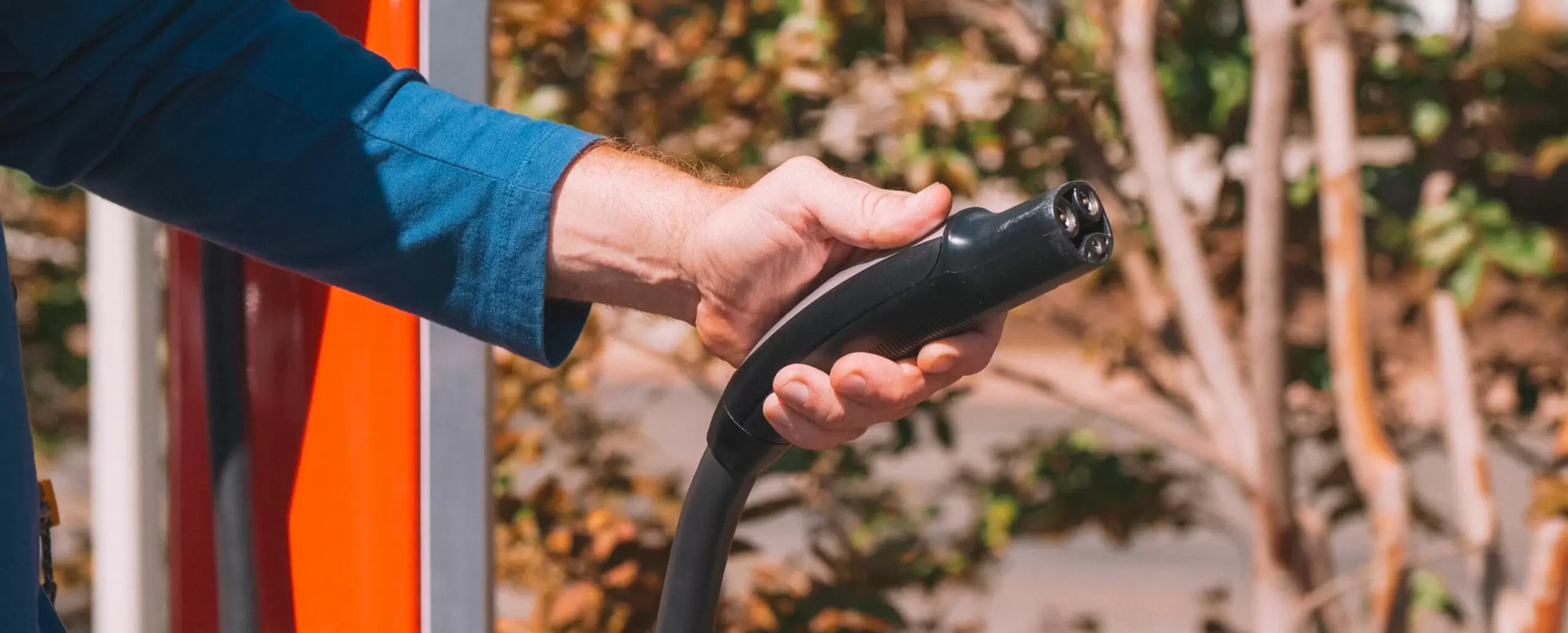BankEnergi’s mission is to allow everyone to obtain the cheapest greenest energy available at any given time. But this will only happen if energy users are able to buy their supply from multiple suppliers, something that’s not currently permitted.
To help bring it about, the BankEnergi team attended Elexon’s P379 meeting on supplier volume allocation when settling supplier volumes in a multi-supplier scenario – such as a primary supplier and a secondary supplier which could be a local energy company. The workgroup’s full title: ‘Enabling consumers to buy and sell electricity from/to multiple providers through Meter Splitting’.
The attendance was wide-ranging from the big 6 to local energy companies such as BankEnergi to tech platform providers, OFGEM, and of course, the balancing code administrator – Elexon. Did you know they settle £1.7bn per annum! That’s a hefty amount to control – which will only get more and more complex as we try to balance grid supply in the last half hour with more local generators and renewables coming on line. One of the interesting points was: How is the primary supplier’s balance or imbalance position affected by a secondary supplier including for example a wind farm, using a measurement device that is not a settlement meter – who might be trying to gain revenues from flexing – without financially impacting the primary supplier. Forecasting and technology has to play a part in this equation and it has to be fair and equitable across all parties.


